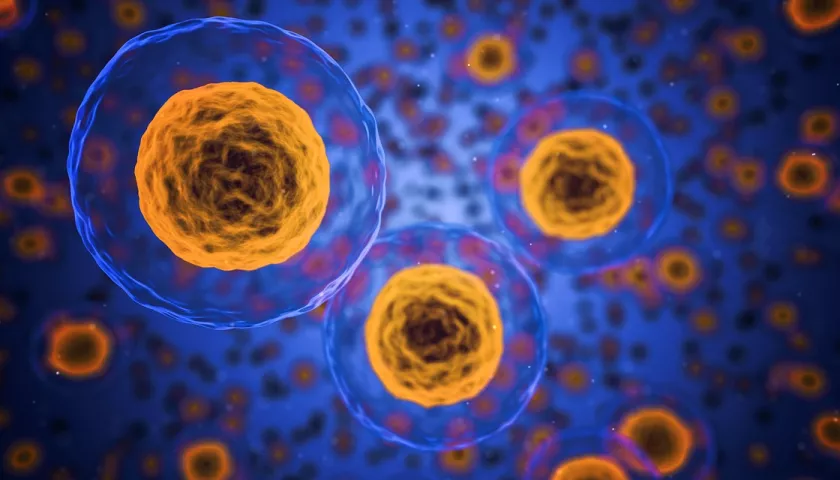Biomedical Sciences and Translational Medicine
The PhD Programme in Biomedical Sciences and Translational Medicine targets graduates from various backgrounds who are strongly motivated to tackle advanced experimental research topics in the preclinical or clinical biomedical field.
The Course's fundamental aims are: a multidisciplinary cultural approach to training in the biomedical sciences e the purpose to promote the ability to integrate preclinical and clinical research
The overall objectives are to produce new knowledge on the pathophysiology of diseases, to identify biomarkers useful for diagnosis and targets for the development of innovative drugs, and to promote their transfer to the medical sciences.
Explore
Educational goals
The PhD Programme in Biomedical Sciences and Translational Medicine aims to provide a solid scientific background in biomedical sciences. Advanced methodological approaches, applied in a multidisciplinary context, enable the acquisition of new knowledge on the pathophysiology of diseases, to be translated into new diagnostic procedures and therapeutic strategies.
In particular, the main objectives are:
- Ensure interdisciplinary training in the scientific approach to biomedicine;
- Foster strong integration and mutual validation between basic, clinical, and applied research;
- Promote the ability to independently manage research projects, write scientific manuscripts, and effectively communicate research findings in both national and international specialized contexts and in popular contexts;
- Train researchers with adequate knowledge of private and public, national and international research funding systems, and be prepared to draft research projects in response to competitive calls for proposals;
- Train professionals capable of responding to the challenges posed by prevalent and emerging diseases, addressing rapid technological change, promoting the transfer of basic discoveries to medical sciences, and aware of the increased need for productive returns on scientific research.
The PhD Programme is divided into three curricula: despite their specificity, they are strongly integrated with each other.
Department
Department of Molecular and Translational Medicine
Viale Europa,11
25123 Brescia
Sezione di Farmacologia
Viale Europa, 11 - 25123 Brescia
Tel. +39-030-371.7501
dottorato.sbmt@unibs.it
U.O.C. Dottorati
Via S. Faustino 74/b
25122 Brescia
email: dottorati@unibs.it






